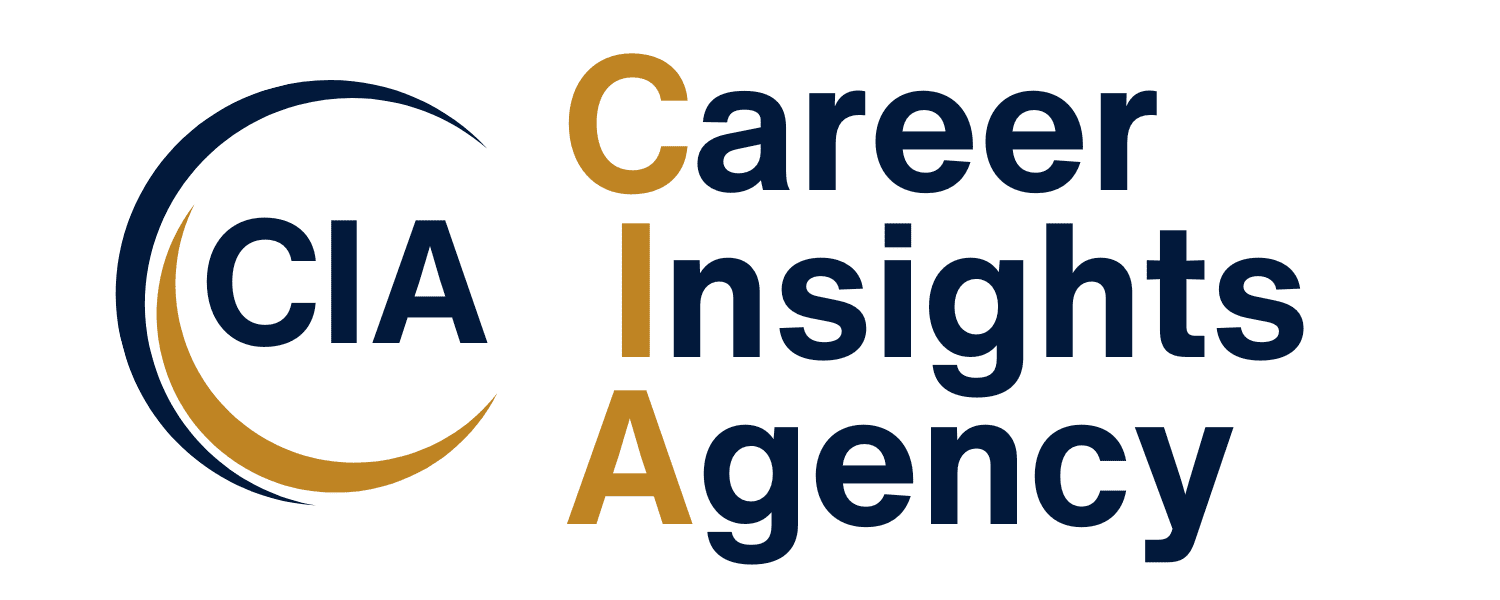Training
Authorized Training Partner
Corporate Workshops
Certification Programs Creator
Train-the-Trainer Licensing
University MOOC Co-Developer
Exam Question Writer
Certification Exam Tutoring
Authorized Training Partner
Engagement type: Training delivery under a vendor’s brand
Commitment band: Deep during courses (full-day sessions) with low prep once materials are mastered
Earning potential: $$$ (per-student tuition, flat workshop fees, material royalties)
Core skill leveraged: Subject mastery, classroom facilitation, vendor-approved curriculum
Starter platforms: PMI Authorized Training Partner Program · AWS Training Partner Network · VMware IT Academy
What It Is
Major vendors and standards bodies approve external instructors to teach their official courses. After earning the provider’s instructor credential, you deliver bootcamps and exam-prep classes that count toward the vendor’s certification pathway.
How the Income Works
- Per-student tuition when you market your own open-enrollment classes
- Flat corporate fees for on-site or virtual sessions booked by a client
- Material royalties if you resell official courseware packs
- Optional hosting charges when you provide the venue or learning platform
Brand recognition drives enrolment, and every class run under the vendor logo produces instructor income.
Where to Start
- Choose an in-demand certification—PMP, AWS Solutions Architect, VMware VCP, etc.
- Pass the vendor’s exams and complete instructor-training requirements
- Decide delivery format—live virtual, classroom, or hybrid—and set class dates on the vendor’s public calendar
- Collect learner testimonials and exam-pass stats to boost future enrolments
- Package add-ons such as private cohort coaching or post-class office hours
Illustrative Scenario
A project-management veteran earns the PMI Authorized Training Partner badge and schedules monthly virtual PMP bootcamps. Charging tuition per attendee, she fills classes through PMI’s listing and LinkedIn ads, averages twelve students per cohort, and layers on a ten-seat corporate booking each quarter—generating steady revenue while teaching two days a month.
Corporate Workshops
Engagement type: Instructor-led training tailored for one company
Commitment band: Deep on delivery days (full-day or half-day sessions) with moderate prep (10–15 hours per new workshop)
Earning potential: $$$ (day rates, per-seat fees, follow-up packages)
Core skill leveraged: Subject-matter expertise, interactive facilitation, adult-learning design
Starter platforms: Training Industry Marketplace · LinkedIn Services · Toptal Learning Engagements
What It Is
You design and deliver focused workshops on leadership, data storytelling, project management, or other professional skills. Sessions can run on-site or virtually, often as part of a wider learning calendar managed by HR or L&D.
How the Income Works
- Day rates when the client books a private session for up to 25 learners
- Per-seat pricing for open-enrollment virtual workshops
- Add-on fees for slide decks, job aids, and post-workshop coaching calls
- Multi-session bundles that create a steady pipeline over one or two quarters
Where to Start
- Select one topic you can teach to measurable outcomes, then outline a 1-day agenda with exercises and case studies
- Create a capability statement that lists learning objectives, past client logos, and typical pricing models
- List your offering on Training Industry Marketplace or LinkedIn Services and tag the industries you know best
- Offer a short discovery call to tailor objectives, group size, and follow-up support
- Capture participant feedback scores after each workshop to strengthen future proposals
Illustrative Scenario
A former financial-planning director develops a one-day “Finance for Non-Finance Managers” workshop. A fast-growing SaaS company books an on-site session for twenty team leads at a set day rate, plus a small add-on fee for two follow-up Q&A calls. Positive feedback leads HR to schedule a second cohort three months later.
Certification Programs Creator
Engagement type: Product development and credential management
Commitment band: Deep during build phase (15–20 hours a week for 3–6 months) then low upkeep
Earning potential: $$$$ (exam fees, course tuition, renewal and badge subscriptions)
Core skill leveraged: Curriculum design, assessment writing, industry standards alignment
Starter platforms: Accredible · LearnWorlds · DigitalChalk · IACET Accredited Provider Network
What It Is
You design a structured pathway—content, exams, badges—that proves mastery of a valuable niche skill. Once market credibility takes hold, professionals and employers pay for training, testing, and ongoing renewal, creating a scalable revenue engine.
How the Income Works
- Course tuition or boot-camp fees for candidates preparing to test
- Examination and re-examination fees
- Digital badge or certificate issuance fees managed through Accredible or similar tools
- Annual renewal or continuing-education requirements that generate recurring income
Corporate bulk purchases and channel licensing can multiply revenue without additional delivery hours.
Where to Start
- Confirm market demand by surveying employers and scanning job posts for required skills
- Map learning objectives to Bloom’s taxonomy, then draft readings, videos, and practice tests
- Choose a secure exam platform with proctoring and integrate a digital badge service
- Recruit a small pilot cohort to validate clarity, difficulty, and pass-rate targets
- Launch with an early adopter discount and capture testimonials for version 2.0 marketing
Illustrative Scenario
A cloud architect notices mid-market firms struggle with cost-optimization skills. She builds a three-module curriculum, an online exam, and issues badges through Accredible. Two consulting partners bulk-purchase vouchers for their client teams, funding her build costs within the first quarter. Ongoing renewals and new candidate fees turn the certification into a dependable revenue stream requiring fewer than five support hours a month.
Train-the-Trainer Licensing
Engagement type: Content licensing and instructor certification
Commitment band: Deep in initial build (10–15 hours a week for 6–8 weeks) then low recurring support
Earning potential: $$$ (up-front certification fees, per-class royalties, annual renewals)
Core skill leveraged: Proven teaching methodology, facilitator coaching, quality-control systems
Starter platforms: ATD Marketplace · LicensableTraining.com · LinkedIn Learning Partners
What It Is
You certify outside instructors—or internal trainers at client companies—to teach your proprietary workshop or methodology. Instead of delivering every class yourself, you earn through license fees, course-material sales, and revenue share each time a certified trainer runs a session.
How the Income Works
- Up-front certification fees paid by each trainer candidate
- Per-class or per-learner royalties when licensed trainers deliver the course
- Annual renewal fees tied to updated materials and quality audits
- Optional premium tiers for co-teaching, master classes, or advanced modules
Because trainers multiply your reach, income scales without adding delivery hours.
Where to Start
- Document your method in detail—facilitator guide, slide deck, exercises, assessment rubric
- Create a certification pathway: pre-work, live teach-back, observation checklist, and pass/fail criteria
- Draft a licence agreement that sets pricing, branding rules, and reporting requirements
- Host the first cohort of trainers—record teach-backs and gather testimonials
- Provide an online portal with downloadable updates and community Q&A
Illustrative Scenario
A seasoned project-management coach converts her popular “Agile Leadership” workshop into a license. Eight trainers pay a certification fee, attend a three-day train-the-trainer program, and then remit a per-class royalty each time they teach. Within a year, those trainers deliver 42 sessions worldwide, generating ongoing royalties while the creator focuses on version updates and new advanced modules.
University MOOC Co-Developer
Engagement type: Course design in partnership with a university
Commitment band: Deep during build (10–15 hours a week for 8–12 weeks) then low ongoing support
Earning potential: $$$ (development fee plus revenue share on paid certificates)
Core skill leveraged: Subject-matter mastery, instructional design, large-scale learner engagement
Starter platforms: Coursera Partner Program · edX for Business · FutureLearn Partners
What It Is
You collaborate with a university department and an ed-tech platform to design a massive open online course (MOOC). The school supplies brand and academic credit; you supply industry insight, case studies, and real-world projects. Once launched, the course can run every term with minimal updates.
How the Income Works
- Flat development fee paid by the university or platform for course creation
- Revenue share on paid certificates or graded tracks each time the MOOC runs
- Optional royalties for companion ebooks, datasets, or lab kits
- Speaking honoraria when invited to live Q&A sessions or on-campus events
Where to Start
- Identify a curriculum gap in a target department and draft a one-page course concept
- Outline modules with videos, readings, quizzes, and a capstone project
- Negotiate compensation terms—flat fee, revenue share, or a hybrid model
- Record lectures and build assessments with the university’s instructional-design team
- Plan a quarterly refresh cycle to integrate new case studies or tech updates
Illustrative Scenario
A cybersecurity consultant partners with a university’s computer-science department to create a six-week “Practical Cloud Security” MOOC on Coursera. The university pays an up-front development fee and shares certificate revenue. After launch, the consultant spends about three hours a month in forum discussions while the course enrolls thousands of learners each session.
Exam Question Writer
Engagement type: Assessment item writing
Commitment band: Low – project bursts of 3–8 hours spread over a few weeks
Earning potential: $$ (per-question fees or small project retainers)
Core skill leveraged: Subject expertise, precise writing, psychometric alignment
Starter platforms: NBME Item Writer Pool · Prometric Contractor Network · CompTIA Item Writer Program
What It Is
Certification bodies and licensing boards hire subject experts to craft multiple-choice items, scenario questions, or simulations that test real-world competence. You draft questions, supply rationales, and revise after peer review to maintain exam validity.
How the Income Works
- Per-question fees, typically paid upon acceptance into the item bank
- Hourly or small retainer payments for item-review meetings and revisions
- Fixed project fees when you develop an entire exam section or refresh a legacy bank
Payments are modest per question, but the work is flexible and reputation as a reliable item writer leads to steady requests.
Where to Start
- Identify certification programs in your field and monitor their calls for item writers
- Study their style guides to master difficulty levels, distractor quality, and psychometric standards
- Draft three sample questions with correct answers and reasoning to include in your application
- Join an item-writer workshop offered by NBME, CompTIA, or Prometric to build credibility
- Maintain a spreadsheet of accepted items and feedback to improve future submissions
Illustrative Scenario
A seasoned network engineer joins CompTIA’s item-writer pool for the Network+ exam. Over four weeks, she drafts 20 multiple-choice questions, attends a two-hour virtual review session, and revises five items. Eighteen questions are accepted, earning a per-item fee and positioning her for the next exam refresh project.
Certification Exam Tutoring
Engagement type: One-on-one or small-group coaching
Commitment band: Low to moderate — about 2–6 hours a week, scheduled evenings or weekends
Earning potential: $$ (hourly packages or bundled sessions)
Core skill leveraged: Subject mastery, coaching knack, test-taking strategy
Starter platforms: Varsity Tutors · TutorMe · Superprof
What It Is
You help candidates pass challenging certifications such as PMP, CFA, CPA, or CISSP. Work includes diagnosing weak areas, explaining concepts in plain language, supplying practice questions, and building test-day confidence through timed drills.
How the Income Works
- Hourly fees for standalone sessions
- Discounted bundles for multi-session packages
- Small-group rates when a company enrolls a cohort of employees
Because sessions are booked around the learner’s schedule, you can fit tutoring alongside a full-time job.
Where to Start
- Promote your own exam score, credential, and relevant work achievements on LinkedIn and platform profiles
- Build a structured study plan: diagnostic quiz, weekly milestones, mock exam, and review checklist
- Assemble or license high-quality practice questions and flashcards
- Offer evening and weekend time slots to attract working professionals
- Encourage satisfied students to post public reviews that boost platform ranking
Illustrative Scenario
A project manager who recently scored Above Target on the PMP exam offers a ten-hour tutoring bundle. Each session covers a knowledge area, timed practice, and exam strategy. Five candidates enroll at the bundle rate, giving the tutor steady weekend income without disrupting her weekday role.
© 2025 Career Insights Agency

